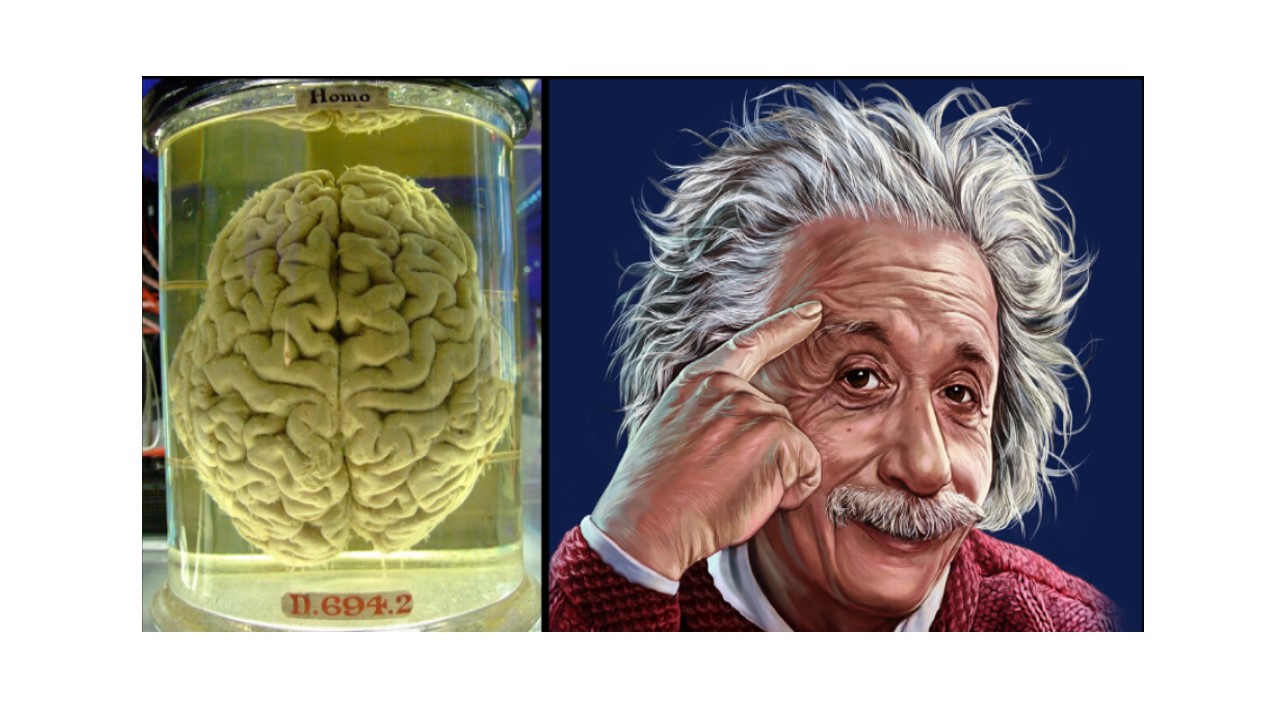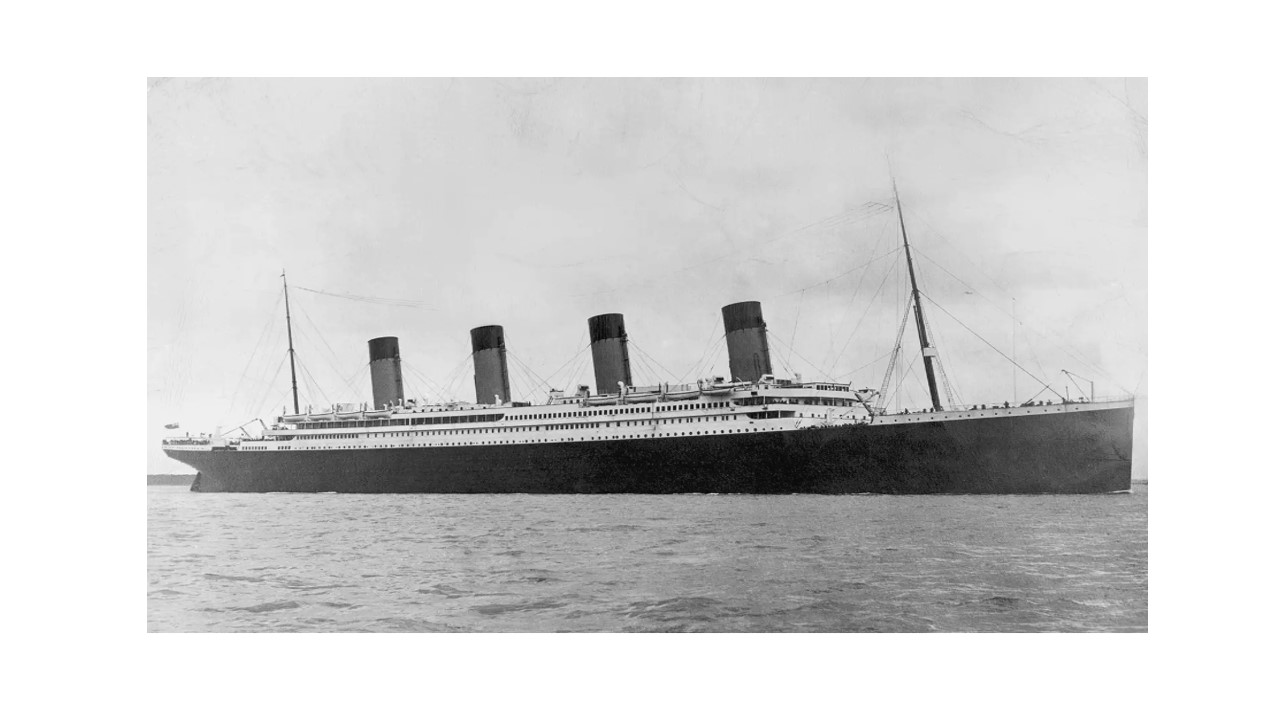When Albert Einstein was born, he had a big, round head that surprised his mother and grandmother. Over time, his head became normal in size. It’s interesting to think that this head, once seen as imperfect, would later hold one of the most brilliant brains in history.
As a child, Einstein didn’t speak until he was three years old. His parents were worried, but they had no idea that their son would become a genius. Today, some people use the term “Einstein Syndrome” to describe very smart kids who start talking later than usual.
Einstein’s brain was special in many ways. Scientists found that a part of his brain, the parietal lobe, was 15% bigger than in most people. This part of the brain is important for solving problems and understanding space—skills Einstein was famous for.
Before he died, Einstein said he didn’t want anyone to study his body. But after his death in 1955, a doctor named Thomas Harvey secretly took Einstein’s brain to study it, even though it cost him his job. Later, Einstein’s son, Edward, gave permission for scientists to research his father’s brain.
When scientists looked at Einstein’s brain, they found it weighed 1230 grams, a bit less than an average brain. But what really surprised them was that a part of his brain, called the parietal operculum, was missing. Some believe this might be why Einstein could imagine and solve huge problems in his head.
Einstein’s story shows that even with a few challenges—like being slow to speak or having an unusual brain—he went on to change the world. His life reminds us that greatness can come from unexpected places.











